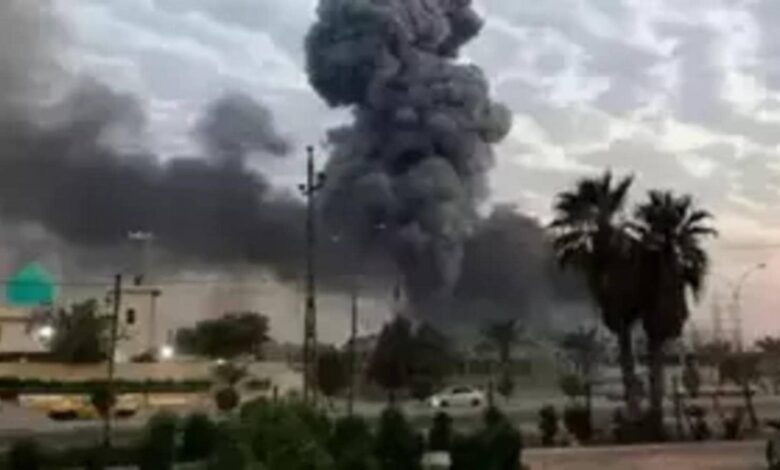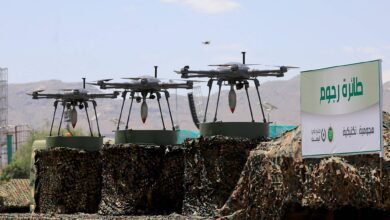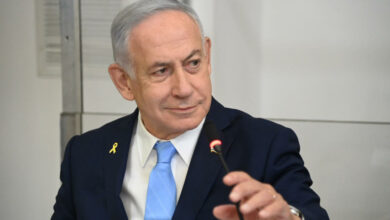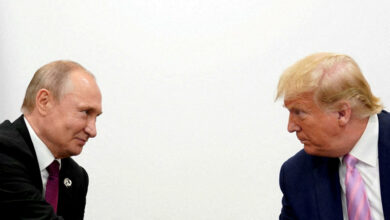
A military base in Iraq housing a pro-Iranian militia was struck by a powerful explosion, resulting in the death of one person and injuring eight others, as confirmed by security officials. The Iraq military stated that no drones or fighter jets were present in the area before or during the blast. However, the Popular Mobilisation Forces (PMF), the militia group in question, attributed the incident to an attack.
This event takes place against a backdrop of heightened tensions between Israel and Iran. The PMF, an umbrella organization comprising several pro-Iranian militias, has long served as a conduit for Tehran’s interests in the Middle East. These militias have previously targeted US personnel and assets in Iraq, aiming to pressure the remaining US troops to depart the country. The US has consistently responded with countermeasures against these militias. Notably, the Pentagon swiftly refuted any involvement in this specific incident.
Simultaneously, the Israel-Iran confrontation, which has long been carried out indirectly, has entered a more precarious phase. Both nations seem to be directly targeting each other’s territories. Recently, an alleged Israeli strike near Isfahan, Iran, followed a significant drone and missile onslaught launched by Tehran on Israel. Iran’s actions were in retaliation for an earlier strike on Iranian military commanders in Syria, widely attributed to Israel.
While the conflict remains relatively contained, the Iranian foreign minister has warned of an immediate and forceful response if Israel intensifies its attacks on Iranian interests. As investigations into the explosion at the Kalso military base, located approximately 50km south of Baghdad, continue, the PMF’s chief of staff visited the site for a preliminary assessment. The Iraqi military is also conducting its own inquiry to determine the cause of the explosion and subsequent fire.
The US military’s Central Command denied reports of conducting airstrikes in Iraq via a post on X (formerly known as Twitter). With tensions persisting, the situation remains fluid, and concerns over regional security are on the rise.



